Subtotal: $68.40
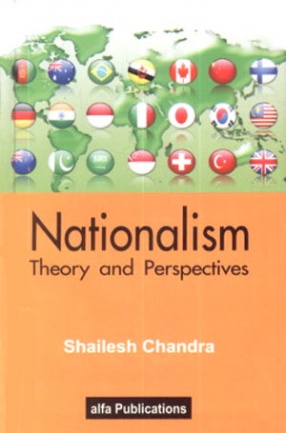
Showing all 6 books

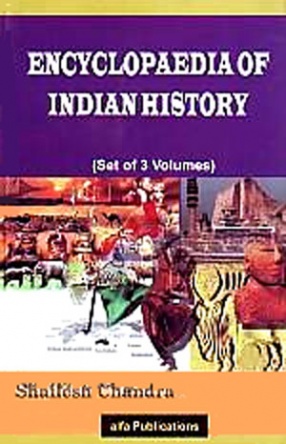
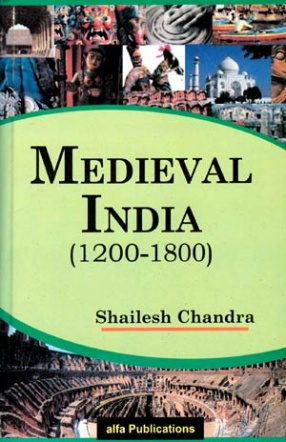
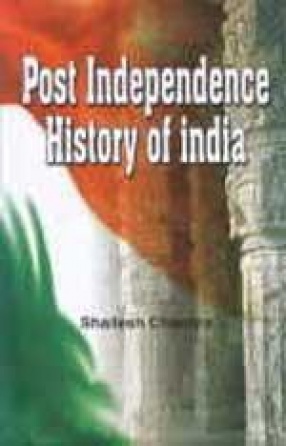
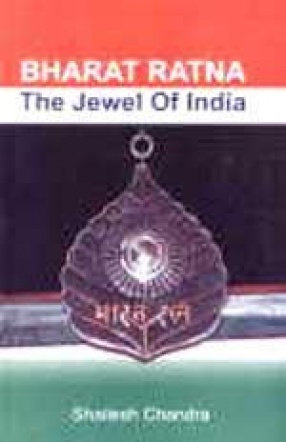

The simplest definition of nationalism is loyalty and devotion to one’s nation or country. Nationalism is an ideology that creates and sustains a nation as a concept of a common identity for groups of humans. According to the theory of nationalism, the preservation of identity features, the independence in all subjects, the wellbeing, and the glory of one’s own nation are fundamental values. It is a strong social phenomenon in the world as national ...

Contents:V. 1. Ancient India (upto 1200 A.D.); V. 2. Medieval India (1200-1800); V. 3. Modern India (1800-1947).

This book has been designed for the students of graduate and post graduate level students for competitive examinations and history courses syllabus in almost all Indian Universities and Institutions. This book will provide the brief knowledge of Delhi Sultanate, Allauddin Khilji, Vijay Nagar Empire, Lodhi Dynasty, Mughal Dynasty, Humayun period, Age of Akbar, Jahangir, Shah Jahan, Life Structure of Mughal and Maratha Period, etc. to the students in brief and ...
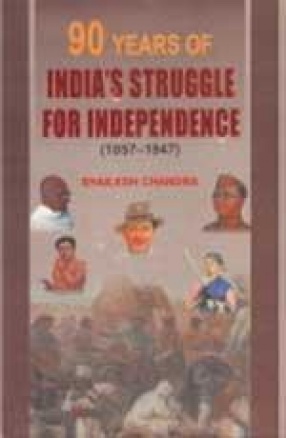
The struggle for freedom in India and the Indian states was committed to the realisation of the freedom of India from the British Rule and the unity of the Indian people. It was also committed to political change, aimed to reconstitute India into a self-governing democratic and secular state. It was also committed to social reform and economic reorganisation, which ensured the Indian people, equality, liberty and freedom and protection against ...

We have the legacy of a long tradition. Legacy means all that is left to one by will. Here, in the case of Indian political system, it means all that has come to us through historical development and has its impact on the present system. None can deny that what we find in modern India, is a product of centuries, what we find today has not developed suddenly. According to Rajni Kothari, there are real historical factors which has shaped India of today. The first ...

Bharat Ratna is India's highest civilian award, awarded for the highest degrees of national service. This service includes artistic, literary, and scientific achievements, as well as "recognition of public service of the highest order". Unlike knights, holders of the Bharat Ratna carry no special title nor any other honorifics, but they do have a place in the Indian order of precedence. The award was established by the first President of India, Rajendra ...
